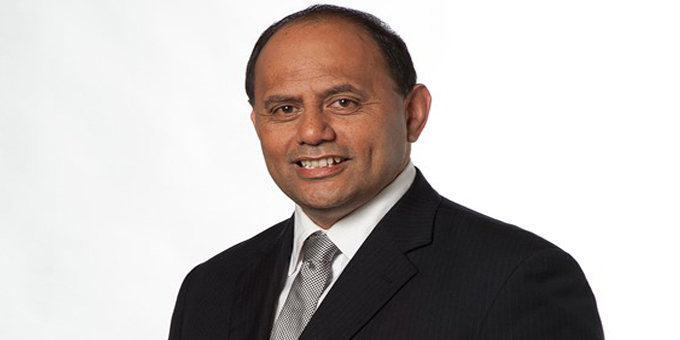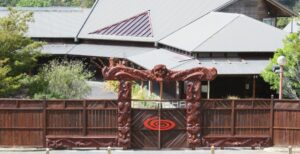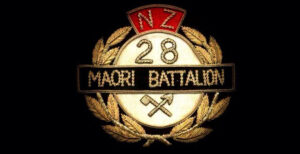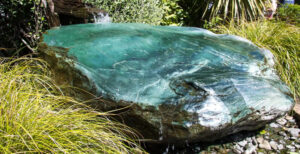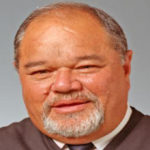April 10, 2015
Judge Mick Brown

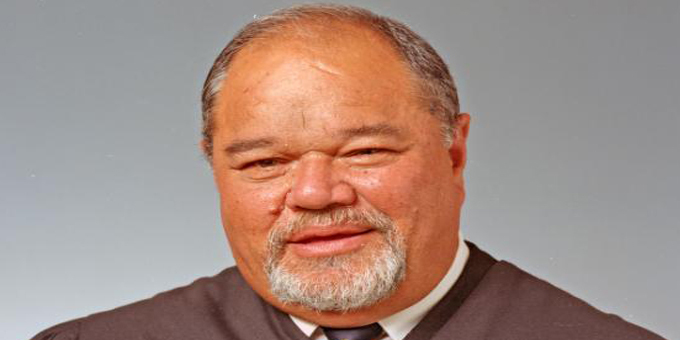
Judge Mick Brown
WILLIE JACKSON
10 APRIL 2015
New Zealand lost a great person of mana last week, Judge Michael John Albert Brown – better known as Mick he was 77. You can tell what sort of life or contribution a person has made to society by those who turn up to the funeral. If Judge Brown’s life was judged on the hundreds at his tangi on Tuesday, then he was certainly at the top end of the scales.
Everyone from the Chief Justice, High Court and Appeal Court, District Court judges, Crown Prosecutors, former Justice Ministers and police mixed and mingled alongside some of those who would have been on the receiving end of Judge Brown’s verdicts or cutting wit.
Judge Brown was New Zealand’s first Principal Youth Court Judge and is credited with revolutionising the New Zealand Youth Justice System. His vision and pursuit of justice saw the introduction of Family Group Conferences and he also championed restorative justice, a concept now being used around the world today.
Of Ngati Kahu, Te Aupouri, Te Rarawa and Ngapuhi bloodline, Judge Brown’s parents died when he was one, and he was fostered by the Flood family in Mount Albert. His knee was affected by tuberculosis, – the same illness his mum died from, and he spent three years aged from 11-14 (1948-1951) at the Wilson School for disabled children in Takapuna, where he became good mates with another Kiwi icon Bruce McLaren. Judge Brown was educated at Mount Albert Grammar School from 1951 to 1956.
He initially thought teaching was his calling but he was drawn to the law by a love of debating and studied law at Auckland University. That’s where he met and became friends with former Prime Minister David Lange, former Governor General Anand Satyanand and our current Chief Justice Dame Sian Elias.
Judge Brown was appointed a judge of the District Court in 1980, becoming the first Maori to hold that position.
Some of his rulings as a judge became legendary. Following the 1984 Queen Street riot, Judge Brown acquitted DD Smash lead singer Dave Dobbyn of charges of behaving in a manner likely to cause violence against person or property and using insulting language, much to the dismay of the police.
But Judge Brown was not on the bench to win a popularity contest. There are many whanau given a second chance by Judge Brown, who are now good citizens and hold high standing in society. Judge Brown saw potential in people – especially whanau because of his own background and upbringing. Despite being bought up by a Pakeha whanau, Judge Brown never forgot his Maori roots and it was fitting his final service be conducted in English and Maori.
No reira e te rangatira moe mai, moe mai ra.
Tune into Paakiwaha with Willie Jackson. Current affairs from a Maori perspective. Mondays on Radio Waatea
Copyright © 2015, UMA Broadcasting Ltd: www.waateanews.com


